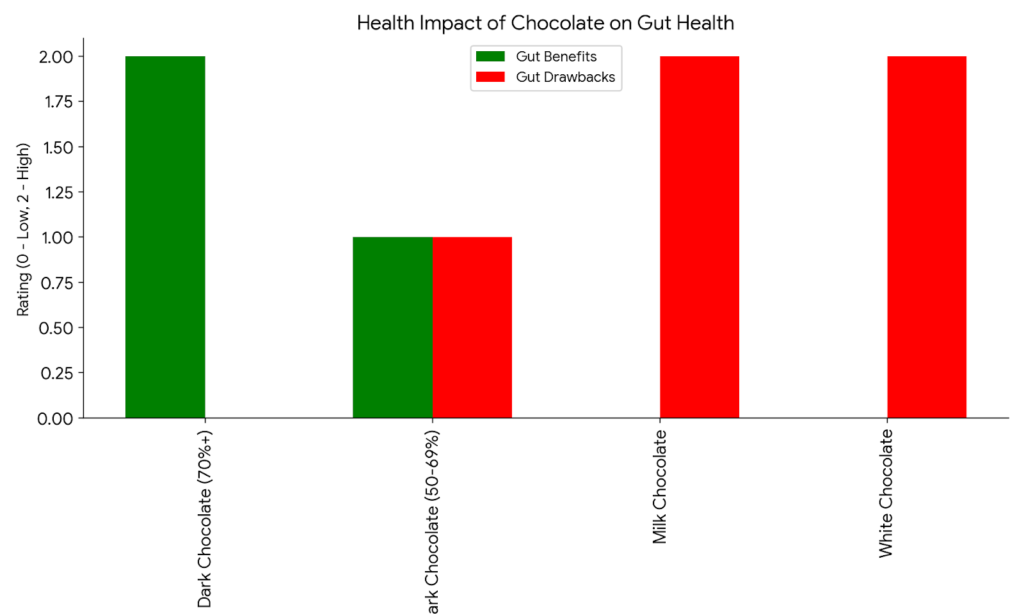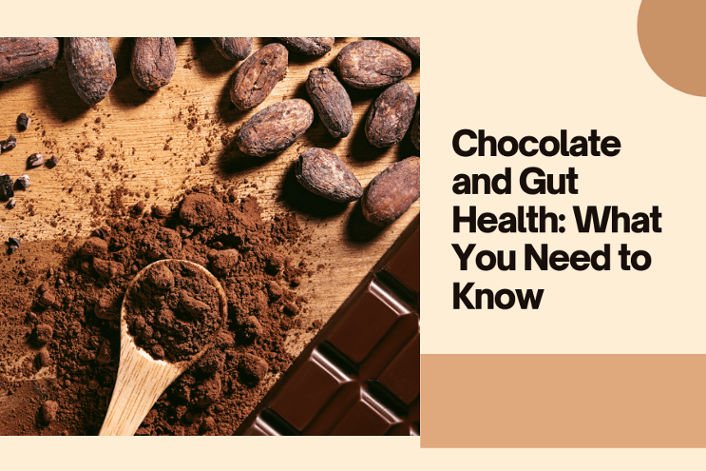New research has demonstrated that the foods we eat can significantly impact not only our intestines but also our brains and bodies. But what foods should you eat to keep healthy?
Dr. Uma Naidoo
Dr. Uma Naidoo, a nutritional psychiatrist, recently talked with CBS News on what foods to eat to improve your health. You could be impacted by her recommendations.
Fiber is important
Dr. Naidoo’s first piece of advice was obvious: eat more fiber. Fiber is essential in any healthy diet, but it is especially vital for maintaining appropriate gut function.
Where can you get it?
“Fiber is extremely important for your gut health, and you can get it from vegetables, berries, fruit, and colorful salad,” Dr. Naidoo stated, before adding another intriguing dish.
Extra-black chocolate
In addition, extra-dark natural chocolate has fiber and is high in compounds like serotonin, which makes it an excellent tool in the fight against depression, according to Dr. Naidoo.
scientific proof
A population study of more than 13,000 people showed that participants who ate dark chocolate saw a 70 percent reduction in their depression and related symptoms.
Mental health is correlated with gut health.
“So your gut health is also your mental health—it’s your physical health, but it also improves your mental well-being,” the nutritional psychiatrist said.
Selecting any old chocolate bar won’t do.
However, before you go out and buy the entire shelf of chocolate bars at your local grocery shop, you should be aware that only natural dark chocolate can be beneficial.
Choosing the appropriate type
According to Dr. Naidoo, most chocolate bars seen in stores are high in sugar, so you need to be cautious when selecting a bar and ensure you have the proper kind.
So which kind is appropriate?
A 2022 study indicated that daily ingestion of 85% dark cocoa chocolate was connected with increases in both mood and digestive health, so that’s probably where you should start!
Is chocolate good for the gut?
Dark chocolate’s high fiber content makes it a wonderful source of prebiotics, which are the fuel that “good” bacteria in your gut require to develop, thrive, and prevent nasty microbes from taking control. Increased fiber also results in better digestion and less constipation.
Is chocolate is a probiotic?
Dietary ingredients derived from prebiotics and ingested as probiotics or synbiotics influence the human gut flora (Steer et al., 2000). Chocolate or cocoa is a prebiotic that contains polyphenols (Redovniković et al., 2009).
What foods make your gut feel better?
- Yogurt
- Kimchi
- Sauerkraut
- Miso Tempeh
- Oats
- Bananas
- Apples
- Legumes
- Garlic
Is milk healthy for the gut?
The effect of milk on gut health is a bit complex. Here’s a breakdown:
Potential benefits:
- Probiotics: Some fermented milk products, like kefir, contain probiotics which can contribute to a healthy gut microbiome.
- Nutrients: Milk provides essential nutrients like calcium, vitamin D, and protein, which can be beneficial for overall health.
Potential drawbacks:
- Lactose intolerance: Many people have trouble digesting lactose, the sugar naturally found in milk, which can lead to gut discomfort.
- Inflammation: For some individuals, milk consumption may contribute to inflammation, which can negatively impact gut health.
Overall:
- Milk can be part of a healthy diet for some people, but it may not be ideal for everyone, especially those with lactose intolerance.
- If you experience gut issues after consuming milk, it’s best to limit or avoid it and consider alternative sources of calcium and vitamin D.
Alternatives for gut health:
- Yogurt (especially with live cultures)
- Kefir
- Kimchi
- Sauerkraut
- Tempeh
- Legumes
It’s always a good idea to talk to a doctor or registered dietitian if you have concerns about your gut health and how milk might be impacting it.
Is chocolate bad for gut bacteria?
Dark chocolate, in moderation, can be beneficial for gut bacteria! Here’s the breakdown:
- Prebiotic effect: Dark chocolate, particularly with a high cocoa content (70% or higher), contains prebiotics. These are fibers that feed the good bacteria already present in your gut, promoting their growth and activity.
- Potential downsides: Milk chocolate and white chocolate typically have much lower cocoa content and often contain added sugar, milk fat, and other ingredients. These can potentially counteract the gut benefits or even have negative effects on gut bacteria.
Overall:
- Dark chocolate, consumed in moderation (a small square or two a day), can be a gut-friendly treat.
- Milk chocolate and white chocolate may not offer the same benefits and could potentially disrupt gut health due to added sugars and fats.
What are the symptoms of a damaged gut?
| Category | Symptoms |
|---|---|
| Digestive Issues | * Constipation * Diarrhea * Gas and bloating * Abdominal pain * Heartburn * Acid reflux |
| Skin Problems | * Eczema * Psoriasis * Rosacea * Acne |
| Food Intolerances | * Difficulty digesting certain foods * Development of food sensitivities |
| Nutritional Deficiencies | * Difficulty absorbing nutrients from food * Fatigue * Weakness |
| Mental Health Issues | * Anxiety * Depression * Brain fog |
| Other | * Unexplained weight loss or gain * Difficulty sleeping * Joint pain |
Is milk chocolate good for digestion?
Milk chocolate’s effect on digestion is a mixed bag. Here’s the breakdown:
Potential benefits:
- Minimal: Milk chocolate may contain a small amount of prebiotics from the cocoa content, which could modestly benefit gut bacteria.
Potential drawbacks:
- Sugar: Milk chocolate is typically high in added sugar, which can feed unhealthy gut bacteria and contribute to gut imbalances.
- Lactose: For people with lactose intolerance, milk chocolate can cause digestive discomfort like bloating, gas, and diarrhea.
- Fat: The high-fat content in milk chocolate might slow down digestion for some people, leading to feelings of sluggishness or nausea.
Overall:
Milk chocolate isn’t necessarily the best choice for promoting good digestion. The high sugar and fat content can outweigh any potential prebiotic benefits from the cocoa.
Better choices for gut health:
- Dark chocolate (70% cocoa or higher): Lower in sugar and higher in prebiotic fiber.
- Yogurt with live cultures: Provides probiotics directly.
- Kefir: Another fermented drink rich in probiotics.
- Fruits and vegetables: High in fiber to support healthy gut function.
If you have any digestive concerns, talk to your doctor to determine the best dietary approach for you.
Health impact of chocolate on gut health


I’m a seasoned content creator with 6+ years of experience crafting engaging, SEO-optimized content that drives traffic and rankings. I excel in keyword research, link building, and guest posting, ensuring your brand reaches new heights.

